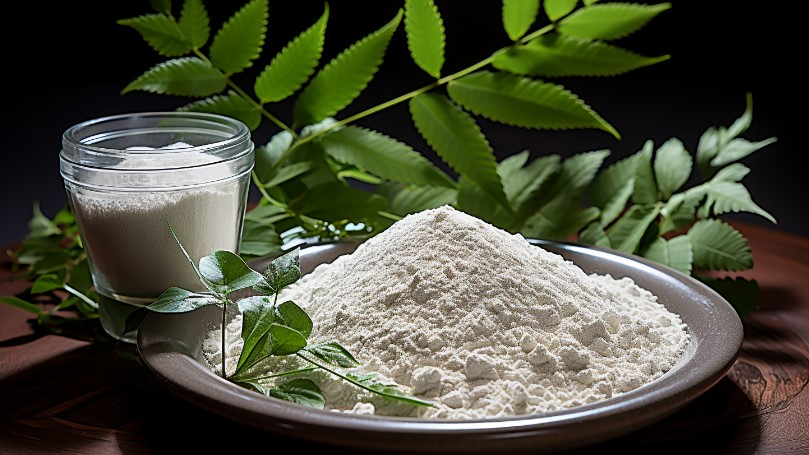Phytosterols and health

Plant sterols, also known as plant sterols, simply understood as cholesterol in plants, is a general term for a large class of chemical substances that contain cyclopentane perhydrophenanthrene groups in plants, and there are hundreds of plant sterols that have been found.
Lower cholesterol
Lowering cholesterol is the main biological action of phytosterols. The effect of phytosterols on the reduction of serum total cholesterol (TC) and low density lipoprotein cholesterol (LDL-C) is one of the important functions recognized at present.
The analysis results of Katan et al. showed that the average intake of 2g/d of plant sterol in adults can reduce the concentration of LDL-C in the blood by 10%. Further studies showed that plant sterol mainly reduces the level of cholesterol in the blood by reducing the intestinal absorption of cholesterol, and 2g/d of plant sterol can reduce the intestinal absorption of LDL-C by 30% to 40%.
At the same time, plant sterols also have the effect of assisting statins in lowering blood lipids. The results of randomized controlled meta-analysis of 8 studies showed that the combined action of 1.7 to 6g/d plant sterols or plant steranols and statins could significantly reduce total cholesterol and LDL-C compared with single statin therapy.
Tumor inhibition
Epidemiological studies have shown that dietary intake of plant sterols, especially β-sitosterols, is negatively correlated with the occurrence of cancers such as colon cancer, prostate cancer, breast cancer, ovarian cancer, stomach cancer and lung cancer. For example, Asian people who eat high plant and low animal food have a lower incidence of cancer than Western people who eat low plant and high animal food, and the incidence of cancer is lower in vegetarians.
その他の機能
Plant sterols also have antioxidant, anti-inflammatory and other effects, some studies also show that plant sterols have hormone-like functions, in the human body can regulate steroid hormones, but no hormonal side effects. There are also skin health care, beauty and other effects, especially β-sitosterol has a high permeability to the skin, can promote sebum secretion, keep the skin moist and soft.
用法・用量
It has been suggested that excessive phytosterol intake may affect serum vitamin A or beta-carotene levels. Oral administration of phytosterols of up to 8.6g per day in adults has not been shown to have any adverse effects, and laboratory results have also shown that the dose does not affect the homeostatic and metabolic activity of intestinal flora.
At present, the specific recommended value SPL given by China is 0.9g/d (phytosterol), 1.5g/d (phytosterol ester). The maximum tolerable intake is 2.4g/d (phytosterol), 3.9g/d (phytosterol ester).
主な食料源
All kinds of plant foods contain phytosterols, mainly β-sitosterol. The content of phytosterols was higher in vegetable oil, legumes and cereals, but less in vegetables and fruits.
参考資料
[1] Chinese Nutrition Society. Reference intake of dietary nutrients for Chinese residents. Beijing: Science Press, 2014. [2]Mbk, A , et al. “Efficacy and Safety of Plant Stanols and Sterols in the Management of Blood Cholesterol Levels – ScienceDirect.” (2003).[3]Demonty, I. , et al. “Continuous Dose-Response Relationship of the LDL-Cholesterol–Lowering Effect of Phytosterol Intake.” The Journal of Nutrition (2008).[4]Jennifer, et al. “The Effect of Adding Plant Sterols or Stanols to Statin Therapy in Hypercholesterolemic Patients: Systematic Review and Meta-Analysis.” Journal of the American College of Nutrition (2009).[5]Llaverias, G. , et al. “Phytosterols inhibit the tumor growth and lipoprotein oxidizability induced by a high-fat diet in mice with inherited breast cancer.” Journal of Nutritional Biochemistry 24.1(2013):39-48. …………
Phytosterols supplier: www.backvita.com
Eメール:[email protected]
電話番号+86 (029) 8187 2325
